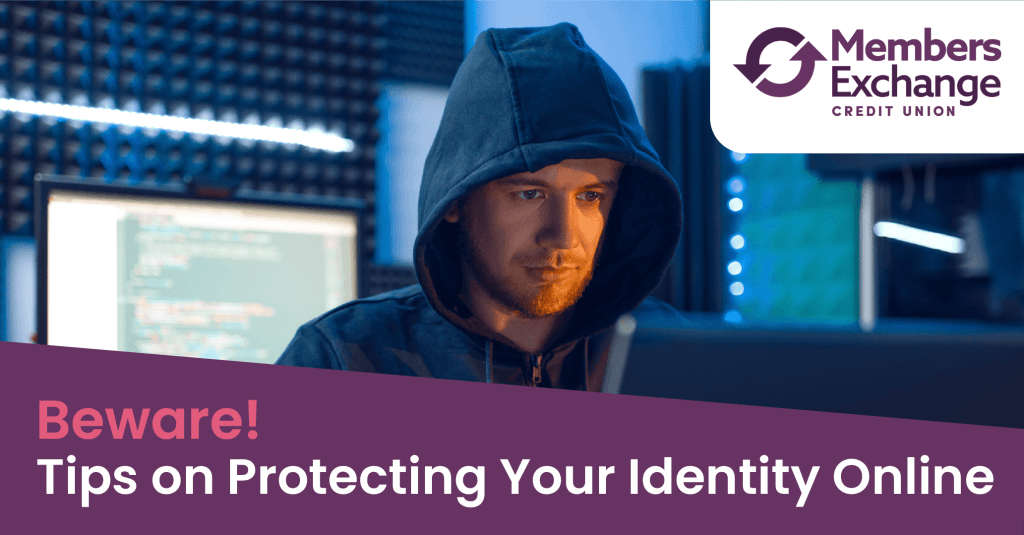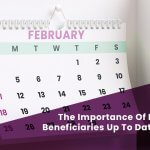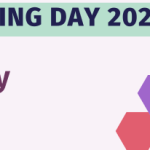In today’s digital age, it’s becoming increasingly common for people to conduct financial transactions and manage their accounts online. While this convenience comes with many benefits, it also carries a significant risk: the possibility of having personal information stolen or misused. It’s critical to be aware of the importance of safeguarding your personal information and not sharing it on the internet. At Member’s Exchange, we want our members to feel confident in their online banking practices. Here are some tips for keeping your identity safe:
How To Protect Your Online Identity
Keep Your PINs and Passwords Private
One of the most important pieces of information to protect is your PIN number. Your PIN is a code that you use to access your account, withdraw money from ATMs, and make purchases. Sharing your PIN with anyone, including friends and family members, is a major security risk. If someone else has access to your PIN, they can potentially access your account and make unauthorized transactions. You should never share your PIN with anyone, and you should never write it down or keep it in an easily accessible location.
Another critical piece of personal information to protect is your password. Your password is like a key that unlocks your account and provides access to your personal information. It’s essential to choose a strong password that’s difficult for others to guess. Your password should be a combination of letters, numbers, and symbols, and it should be at least eight characters long. You should also avoid using obvious information like your name, birthdate, or phone number. And just like your PIN, you should never share your password with anyone.
Other Forms of Safekeeping
In addition to your PIN and password, there are several other pieces of personal information that you should protect online. This includes your full name, address, phone number, and email address. You should also be cautious about sharing information about your financial transactions, such as the amount of money you have in your account or the types of transactions you typically make. Not only should online transactions or interactions be made carefully and cautiously, but be sure to practice the same oversight when answering phone calls. Phone scams affect nearly 70 million Americans per year.
Steps to Securing Your Personal Information Online
Whether you are new to the digital age or are well aware of the technological advancements and dangers or cyber scams, there are ways to enjoy the perks while avoiding identity theft. Here are several steps you can take to protect your personal information online.
- Use secure websites when conducting financial transactions. Look for the “https” in the website address, which indicates that the site is using a secure connection.
- Use a password manager to create strong, unique passwords for each website or service that requires one.
- Use two-factor authentication whenever possible—this means that after entering your password, you’ll need to generate a one-time code via text message or email.
- Monitor your accounts regularly to ensure that there are no unauthorized transactions.
Protecting your personal information is essential to safeguarding your financial security. By following best practices like choosing strong passwords, using secure websites, and monitoring your accounts, you can minimize the risk of having your personal information stolen or misused. At Members Exchange, it’s our goal to help you improve your financial security while offering digital expertise for a changing world. Stay up to date with tips and tricks on online banking, shopping, and more.









